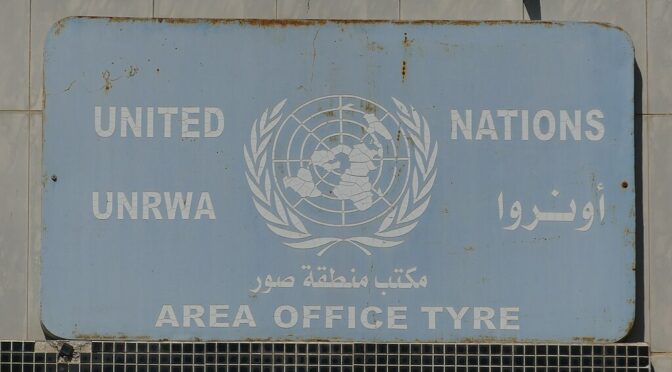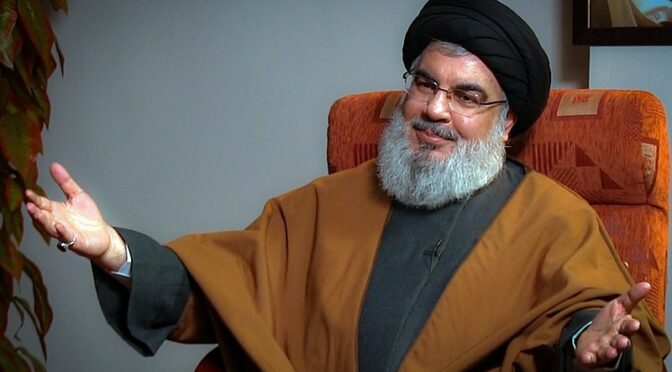Article published in The Daily Telegraph, 21 October 2024. © Richard Kemp
The final moments of Yahya Sinwar’s malevolent life are an allegory for the current balance of military power in Gaza. The once mighty terrorist leader was filmed skulking into a building in Rafah like the fugitive he was. His last, dazed act before a tank shell slammed into the room was to feebly toss a stick towards the watching drone.
Where were his layers of surveillance and security, the bodyguards to whisk him away when danger loomed? All gone, shattered by Israel’s ferocious assaults, with even Hamas’s most senior terrorist forced above ground by the IDF’s progressive destruction of his protective tunnels.
The devastation wreaked on Hamas over the last 12 months has left it in dire straits. Its organised structure has been decimated and its military campaign reduced to small-scale guerrilla operations with the priority on survival rather than offensive action. Many of the senior terrorist commanders have been killed. With his chain of command largely ineffective, fearful of using any form of electronic communications and an inability any longer to transit large parts of the Strip above or below ground, in latter days Sinwar could no longer exercise meaningful control over his troops. It is doubtful he could effectively communicate with Hamas elements outside Gaza either.
But his continued existence was still important. He was the embodiment of Hamas’s ‘resistance’ against Israel, the architect of the greatest achievement the organisation has ever had or is now likely to have – the mass murder, rape, torture and kidnapping of Jews on 7 October last year. Indeed he was a hero to the many Gazans who rejoiced in this bestial slaughter. For the Hamas terrorists who have survived until now he has been an inspiration and an example.
His death therefore will be a major psychological blow which in some will undermine the will to continue the fight. Since Israel’s offensive began to gain momentum we have seen large numbers of cornered terrorists surrender and others decide discretion is the better part of valour, discarding their weapons and melting back into the civilian population. I would expect that now to accelerate. Continue reading






